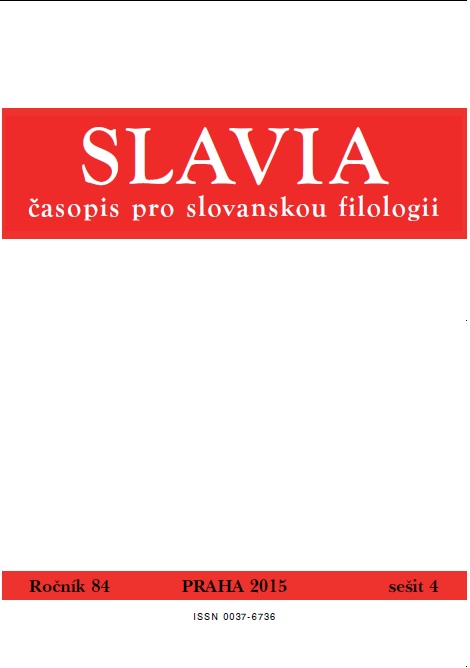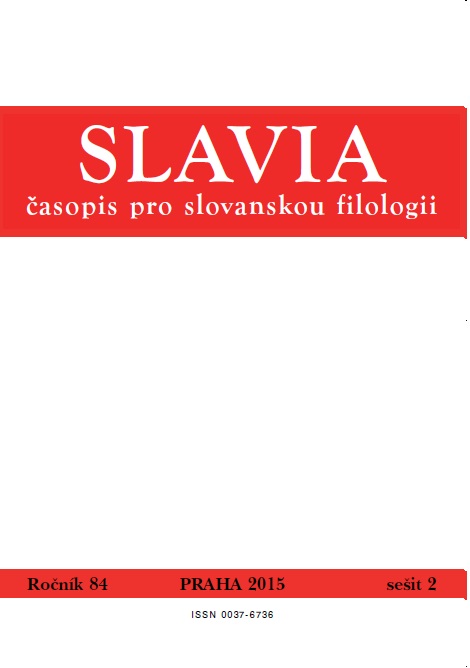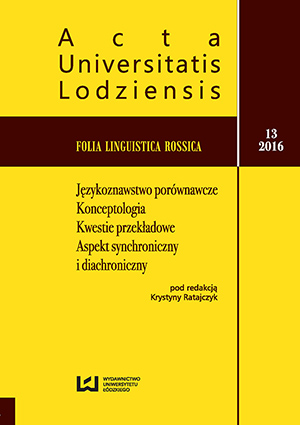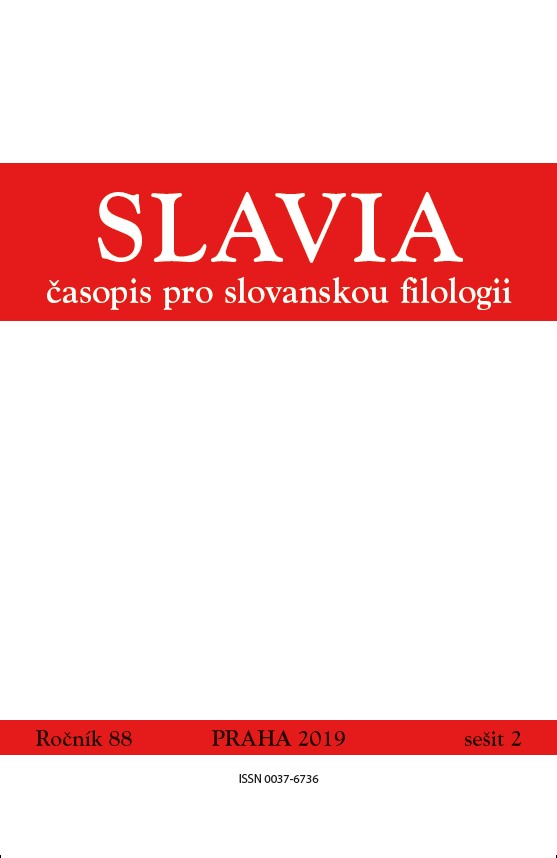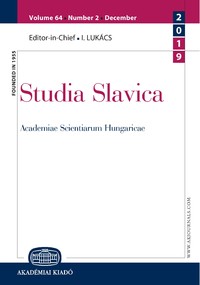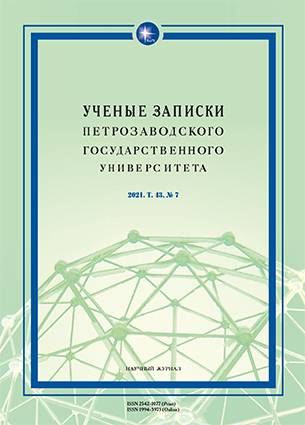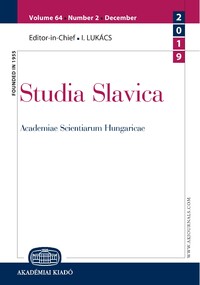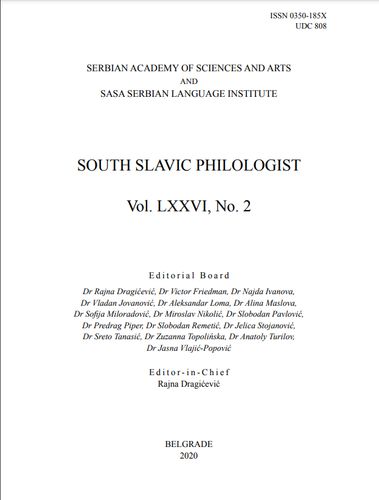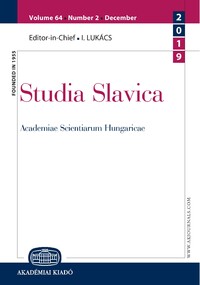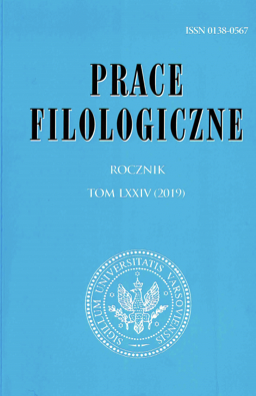Author(s): Larisa Ratsiburskaya,Marina Vsevolodovna Sandakova / Language(s): Russian
Issue: 1/2020
The research is based on the current anthropocentric trend in linguistics and is related to the study of active processes in the modern Russian language reflecting the dynamics of the Russian national mentality and the Russian linguistic image of the world. The paper considers such a deep property of Russian speech as emotionality, which is manifested in the language categories of evaluation and intensity. The purpose of the research is to establish the relationship between the categories of evaluation and intensity based on the material of word-building and lexical-semantic units from lexicographic sources and media texts. As a result of the research, word-building and lexical-semantic intensifiers are characterized in the functional-pragmatic aspect. Word-building intensifiers include word-formative affixes, affixoids (mainly of dimensional-evaluative semantics), and various means of word-building (in particular, some varieties of composition). Lexical intensifiers include certain types of lexemes: evaluative universal intensifiers; intensifiers that tend to express positive or negative evaluation (in a certain context); intensifiers that express (by their semantics) positive or negative evaluation. The paper shows such an extension of the functional range of intensifiers as the estimated ambivalence of dimensional-evaluative affixes, oxymoron quality, and the ambivalence of lexical intensifiers. One of the vectors of the development of lexical intensifiers is syntagmatic expansion, which results in emerging in speech and fixing new word combinations that do not correspond to the tradition of usage and violate the established rules of lexical compatibility fixed in dictionaries. The combinability extension serves as a condition for semantic and evaluative transformations of the intensifier. The use of an intensifier in an evaluative dissonant environment fulfils certain pragmatic and stylistic goals in the text (increasing the expressiveness of the text, creating the effect of an oxymoron, irony, or joke). The abundance of such instances of use in media texts, literary works, and spoken language as well as the repeatability of syntagmatic bias models indicates the dynamics of evaluation in the class of lexical intensifiers in the Russian language of the modern period. Evaluation expansion, when “positively oriented” intensifiers invade the zone of negative phenomena, and vice versa, negative characteristics in the zone of positive phenomena, is considered as a tendency to remove evaluation restrictions and to universalize evaluation. The phenomena described in the paper generally show the development of the semantic category of intensity in the Russian language of the 21st century, which is expressed in the dynamics of its components, such as word-building means, word-building units, and lexical units. The absolute construction and the antipassive function similarly in that both rely on the low discursive saliency of the object of action and the generalized representation of the situation as a constant property of the subject. In Russian, a typical indicator of an antipassive is the reflexive -ся. Therefore, when the object of action is insignificant, obvious or ambiguous, the absolute construction and the antipassive reflexive verb can function synonymously. Therefore, in this paper, the absolute construction is compared with antipassive reflexive verbs such as Собака кусается. In Russian, the semantic circle of antipassive reflexive verbs is relatively narrow, and this is due to the fact that their function may be replaced by irreflexive verbs in absolute use. In addition, the remaining types of omission of patient valency also have a correlation with reflexive verbs of other categories but a detailed discussion of this issue will be reserved for future research.
More...
